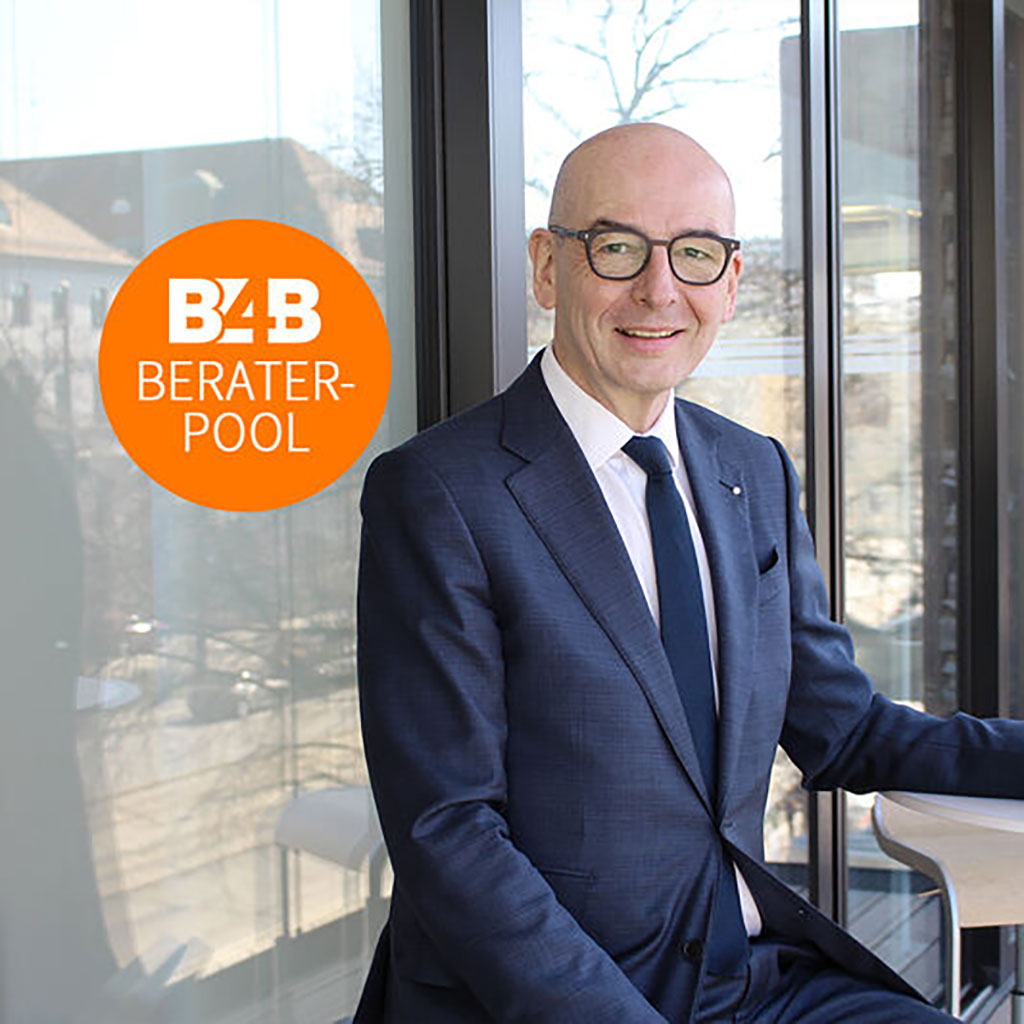Our expert on patent and trademark issues, Dr. Bertram Rapp of CHARRIER RAPP & LIEBAU, answers:
Trademark rights, and specifically German, international trademarks and also European trademarks, are freely transferable economic goods. They can be licensed, pledged and also sold and thus be the subject of trade.
It is also common practice for companies that are interested in a certain trademark, but which is already protected for another company for the same or similar services, to inquire whether this trademark can be purchased. It is particularly interesting to note that a trademark can also be sold in part, i.e. for only some of the protected goods or services. For example, if a trademark has been registered for meat products and dairy products and the seller is only interested in meat products, he can sell the trademark to a buyer interested in dairy products only for the latter. The trademark is then divided, with one part remaining with the seller and the separated part being transferred to the buyer.
There are no general rules for pricing. The price is based exclusively on the interests of the parties involved, whereby the sales achieved or expected under the trademark as well as comparative considerations regarding trademark licenses usually play a significant role.
Against this background, it can be interesting for trademark applicants to extend trademark protection to goods or services for which there is no immediate intention to use the trademark, since the trademark can then be sold later for the goods or services that are not of interest.
Do you have any questions for patent expert Dr. Bertram Rapp, or would you like more in-depth advice?

